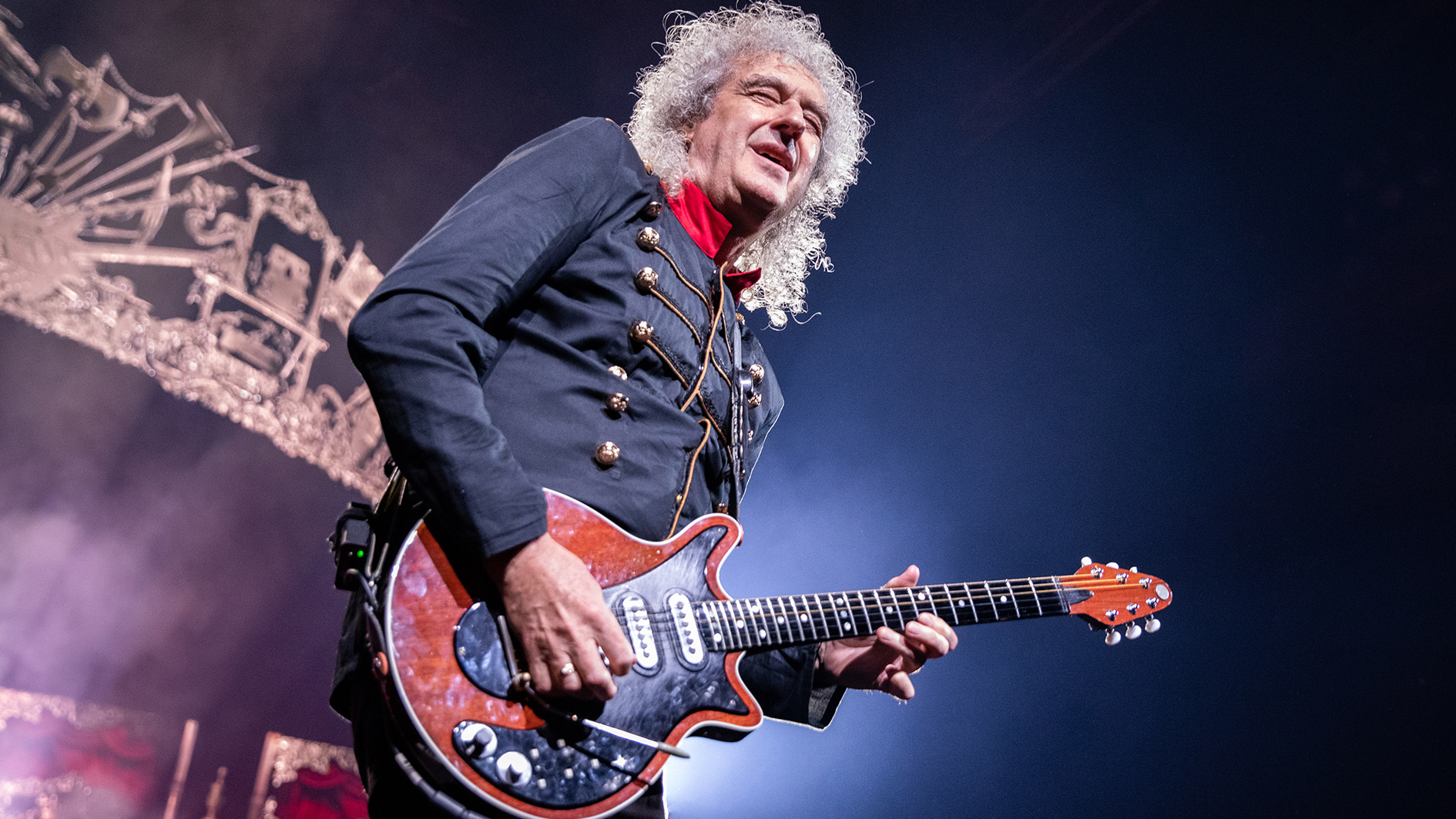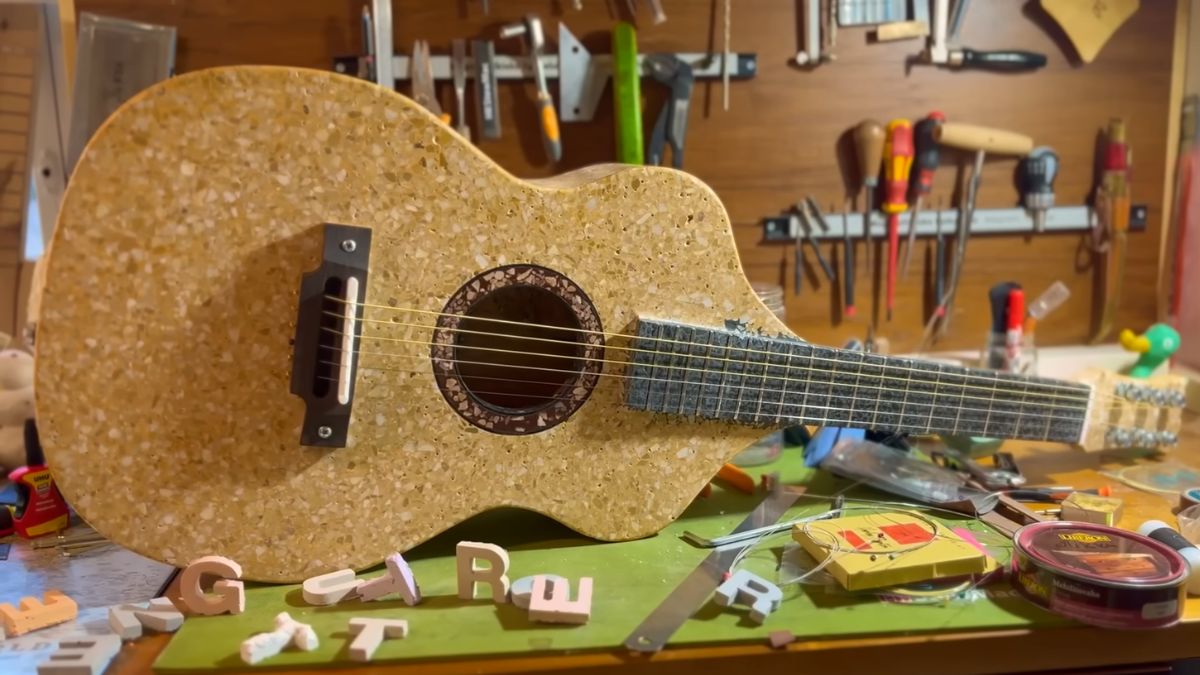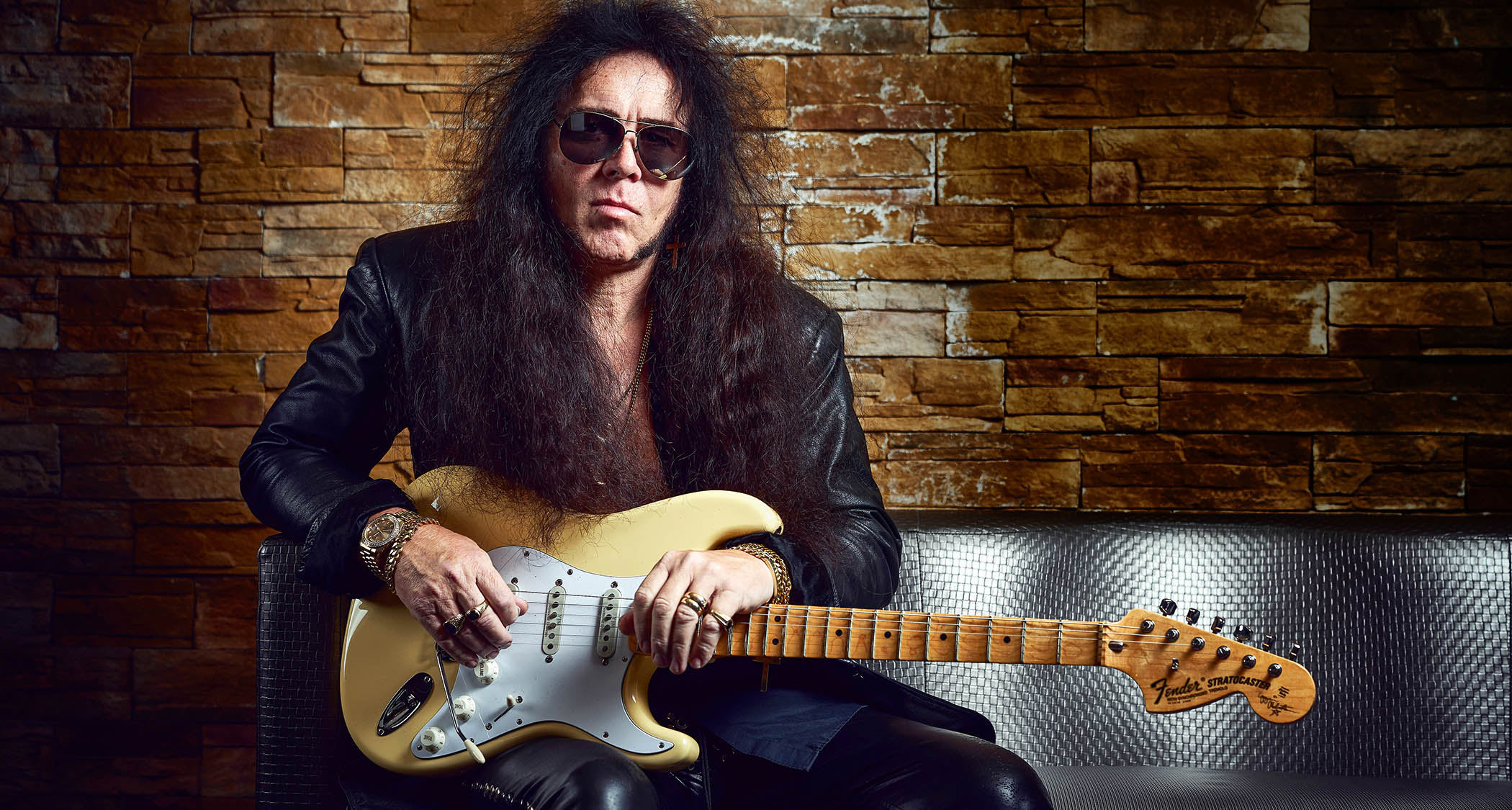How Brian May broke a golden guitar recording rule during the tracking of Queen's debut album
The guitarist talks disrupting conventional approaches to recording in the early '70s in a new interview with Total Guitar

Throughout their illustrious career, Queen have penned some of the world’s most enduring rock music, but they didn’t do so without bending the rules and questioning conventional approaches to writing and recording along the way.
As guitarist Brian May explains in a sprawling new interview with Total Guitar, once upon a time – around the time of the band’s 1973 self-titled debut – it was taboo to blend both electric guitar and acoustic guitar in the same song. But in spite of what he was told, that’s exactly what May did on the album’s sixth track, The Night Comes Down.
“[On The Night Comes Down], we’re doing something which people told us we couldn’t do,” he recalls. “People in those days used to say, ‘You can’t mix electric guitar with acoustic guitar.’ Nowadays that sounds pretty funny, but it was a belief that people around studios had, you know?
“They would say the electric guitar is too loud for the acoustic and I went, ‘Come on!’ It’s just a question of balancing in the mix. So with The Night Comes Down, it’s based on acoustic guitar, my beautiful old acoustic. But the guitar harmonies are all electric. And that was a beginning, sort of like a demonstration: ‘Yes we can do this, we can make our own rules!’”
Elsewhere in the interview, May adds how the band were “never happy” with the sound of their debut album.
“We were thrown into the studio and into a system which regarded itself as state of the art,” he says. “Trident Studios were very emergent as a force in the world. And they thought they had it down. But the Trident sound was very dead. It was the opposite of what we were aiming for. So Roger’s drums would be in a little cubicle, and all the drums would have tape on them. They’d all be dead and down.
“I remember saying to Roy Thomas Baker, ‘This isn’t really the sound we want, Roy.’ And he said, ‘Don’t worry, we can fix it all in the mix.’ Which of course is not the best way, is it? And I think we all knew: it ain’t going to happen!”
Get The Pick Newsletter
All the latest guitar news, interviews, lessons, reviews, deals and more, direct to your inbox!
There were an awful lot of overdubs on that first album, which I would say now were unnecessary, and perhaps made it a bit more stiff than it otherwise would have been
With specific reference to the sound of his guitar parts on the album, May continues: “That was a bit of a fight as well, because people had discovered multi-tracking and there was this feeling that everything ought to be multi-tracked.
“So you play a solo, and the first thing people say is, ‘Oh, do you want to double-track that?’ And maybe you do. But maybe you don’t – because sometimes you want to hear the personality, the attack, and the feeling in the moment when you do that one track.
“So there [were] an awful lot of overdubs on that first album, which I would say now [were] unnecessary, and perhaps made it a bit more stiff than it otherwise would have been.
“Having said that, I think the songs are very representative of where we were at the time. We were evolving… You can hear in the first album that we were finding our style.”

Last week, Brian May paid tribute to late guitar legend Jeff Beck, who died suddenly at the age of 78 after contracting bacterial meningitis.
In a five-minute video posted to social media, May said: “I don't think I could ever put into words exactly how much I did revere him, I hope I gave him the picture. I don't know if he knew. But I feel like I wasn't a good enough friend to him. And that's one of the things that happens, I suppose, but particularly in this case I feel like there were so many times I could have rung him up, and I wish I had, to be a proper friend.
“But Jeff Beck was so unique, so influential on every guitarist I've ever met in my life. The loss is incalculable. It's so sad not having him in the world anymore. I still can't quite compute it in my head.”
Read the full cover interview with Brian May by picking up the new issue of Total Guitar via Magazines Direct.
Sam was Staff Writer at GuitarWorld.com from 2019 to 2023, and also created content for Total Guitar, Guitarist and Guitar Player. He has well over 15 years of guitar playing under his belt, as well as a degree in Music Technology (Mixing and Mastering). He's a metalhead through and through, but has a thorough appreciation for all genres of music. In his spare time, Sam creates point-of-view guitar lesson videos on YouTube under the name Sightline Guitar.











